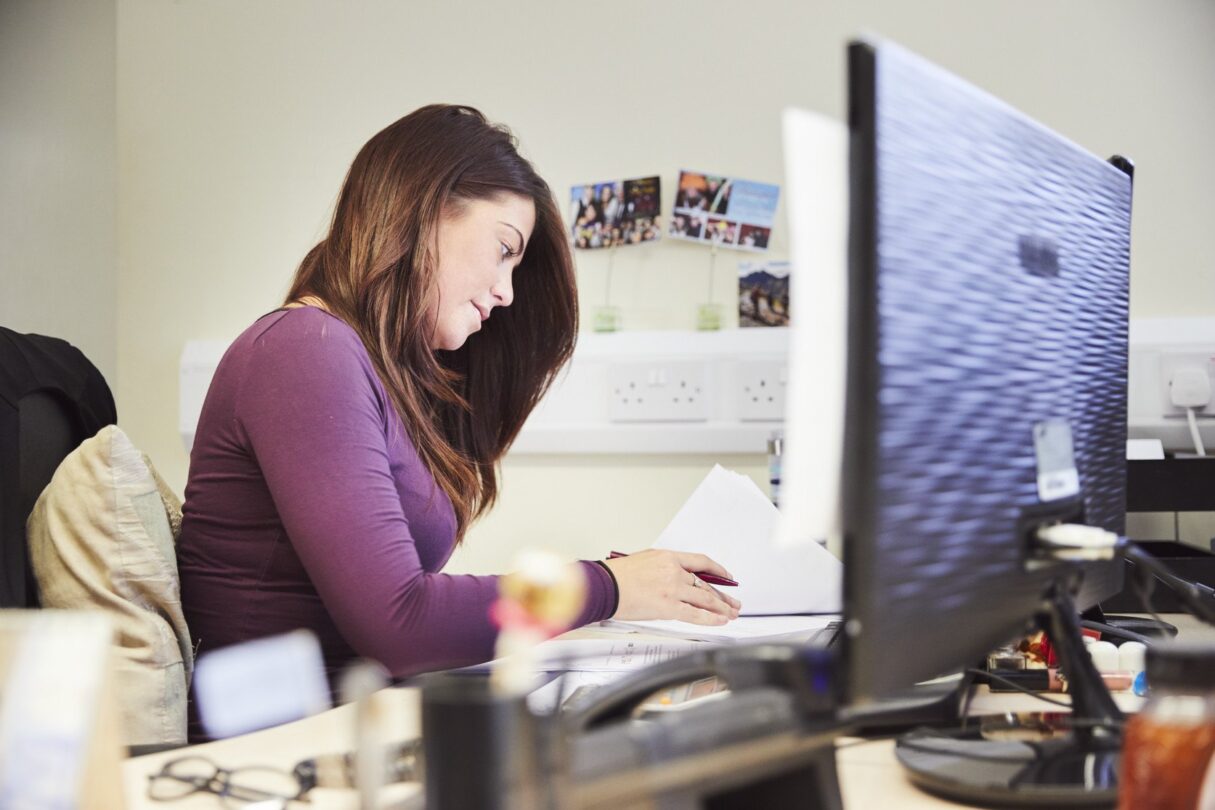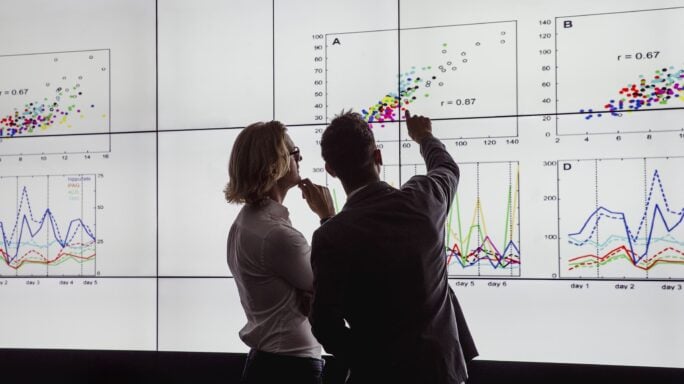What technology will have the biggest impact on how accountants do their jobs?

I was recently asked the question, “What technology will have the biggest impact on how accountants do their jobs?” And that’s a tough one to answer. Not because I don’t have strong opinions on the matter, but because the answer is, it’s not just about one technology.
I believe the biggest impact on how accountants do their jobs will be the convergence of several emerging technologies, starting with two that give us an enormous amount of data:
- The Internet of Things (IoT). The Internet of Things is made up of devices that connect to the internet via WiFi, Bluetooth, or cellular data connections. It includes everything from toasters to fitness trackers, refrigerators to industrial machinery. Cisco and DHL predict that by 2020, there will be 50 billion connected devices. The amount of data shared by all of those connected things is massive.
- Blockchain systems include an append-only cryptographically secure ledger of transactions. Software-driven consensus ensures transactions are only added to the ledger if they are validated by the system. This immutable ledger, where transactions are virtually impossible to change, gives us levels of transparency and information about transactions that we’ve never had access to previously.
When you take these two sources of data and throw them into cognitive systems like machine learning, artificial intelligence, or robotic process automation – systems that are truly intelligent – big things are possible.
For example, let’s look at how the Internet of Things will impact inventory audits. Right now, cloud-based inventory systems track items in real-time. Products have RFID tags or barcodes so they can be scanned and identified by the system, giving us visibility into inventory levels, item location and more.
The IoT will give us an even greater ability to track and communicate with those products. RFID tags will hold even more information about an item and collect information about its status and surroundings like temperature, the damage that occurs during transit, etc. and communicate that information to an inventory system. Every object will have a unique identifier, and built-in GPS will allow us to know exactly where every item is. We’ll be able to pinpoint each and every item or piece of equipment, in real time, from anywhere. We no longer need to physically be somewhere to know what we’ve got and what it’s doing.
You don’t need to look too far to find a discussion on how blockchain will impact the accounting profession. With blockchain, we can see both sides of a transaction and can analyze a full set of data in less time than we’re currently able to analyze a sample of transactions.
Having access to more data and having access to it faster will change the way we do audits, but it won’t eliminate the need for audits of financial statements. Verifying the occurrence of a transaction is just one of the critical aspects of an audit. Auditors will still have work to do, but we’ll use less hindsight focusing less on past transactions and more taking a closer look at how businesses are operating today so we can provide more foresight and better advise clients on how to impact the future of the company.
A lot of what we do today will be automated, but it will really change our focus from transactions to the pieces of business that aren’t just about the numbers – things that pull at the heart of a person. After all, organizations are made up of individuals with desires and motivations beyond what is the best financial move. You might be working with a business owner whose numbers tell you one thing, but you know it’s a family business and the owner wants to pass it down to the children. That personal knowledge changes the way we advise our clients, and it’s a piece of the relationship between an accountant and client that a machine can’t have.
The convergence of emerging technologies will have a profound impact on how accountants do their jobs in the near future. It will force us to adapt our skillsets and our mindsets to a new way of thinking and working with clients. These technologies will also help us save time, reduce costs and offer new, more personalized services. This is an opportunity to redefine our roles as trusted advisors, build valuable relationships and provide actionable, next-level service that ensures the success of our clients and the success of our firms.
The Practice of Now 2020
Discover how accounting is on the brink of positive disruption and what accountants and bookkeepers can do to be successful.







Ask the author a question or share your advice